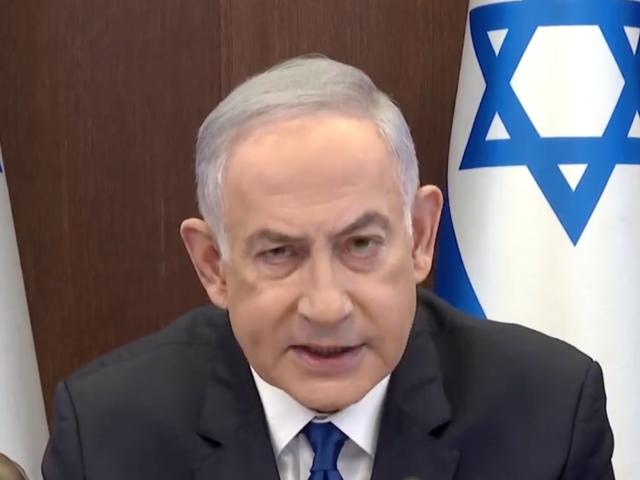In a resolute address underscored by deep frustration and a sense of urgency, during the weekly Sunday Cabinet meeting, Prime Minister Benjamin Netanyahu reiterated Israel's steadfast commitment to continue its military operations in Gaza, particularly focusing on the strategic city of Rafah, despite mounting international pressure. Netanyahu's discourse was not just a strategic declaration of intent but a poignant reminder of the October 7 attack, an event he categorizes as the most severe massacre against Jews since the Holocaust—a tragedy that appears to have faded rapidly from the collective memory of Israel's international allies.
With a direct appeal to the global community, Netanyahu voiced a stirring rebuke, questioning the rapid erosion of historical memory and moral clarity among Israel's friends abroad. "To our friends in the international community I say: is your memory so short? So quickly you forgot about Oct. 7, the worst massacre committed against Jews since the Holocaust?" he remarked, highlighting a perceived disconnect between the gravity of threats Israel faces and the international response to its defensive measures. "So quickly you are ready to deny Israel the right to defend itself against the monsters of Hamas?" Netanyahu continued, encapsulating the existential stakes as perceived by Israel in its confrontation with Hamas, a group internationally recognized as a terrorist organization.
What does victory in Gaza look like? What were the strategic goals you gave the @IDF ? IMO two of the most important questions (of many) I asked @Israel @IsraeliPM Prime Minister @netanyahu in my interview about the Israel-Hamas war. pic.twitter.com/0ifEdZT3bi
— John Spencer (@SpencerGuard) March 16, 2024
The Prime Minister's call to redirect international pressure towards Hamas and Iran rather than Israel underscores a plea for solidarity and understanding of Israel's security imperatives. Netanyahu firmly stated, "No amount of international pressure will stop us from realizing all the goals of the war: eliminating Hamas, releasing all our hostages and ensuring that Gaza will no longer pose a threat against Israel." This declaration reflects a broader strategic vision, aiming not only to address immediate threats but also to secure long-term regional stability and security for Israel.
Amidst the complex and often polarized international landscape, Netanyahu's emphasis on perseverance and resilience— "We must not give in to these pressures, and we will not give in to them"—serves as a rallying cry for unity and determination within Israel and among its allies. It is a testament to the depth of commitment to defending the nation against entities that Israel considers not just adversaries but existential threats.
Netanyahu also criticized the international pressure damanding us to accept and submit to the genocidal threat residing at our backyard border, stating:
— Adam Albilya - אדם אלביליה (@AdamAlbilya) March 17, 2024
“Is your memory so short? Did you forget so quickly about the October 7th massacres? Are the greatest atrocities committed… https://t.co/PxMClxQbvk pic.twitter.com/Q71IVWBlP1
The planned operations in Rafah, as Netanyahu highlights, are emblematic of Israel's broader military strategy, aimed at dismantling Hamas's capabilities and securing the release of hostages. "It will take a few weeks, and it will happen," Netanyahu assured, addressing skepticism about the feasibility of such operations. His reference to previous military engagements in Gaza and the resumption of combat operations after ceasefires underscores a narrative of resilience and the fulfillment of strategic objectives despite external doubts and challenges.
In essence, Netanyahu's address encapsulates a profound appeal for historical remembrance, moral clarity, and strategic resolve in the face of threats to Israel's security and existence. It is a narrative that seeks to galvanize support, both domestically and internationally, for Israel's defensive and strategic imperatives, framing the conflict within a broader context of historical grievances, existential threats, and the pursuit of long-term peace and stability in the region.


